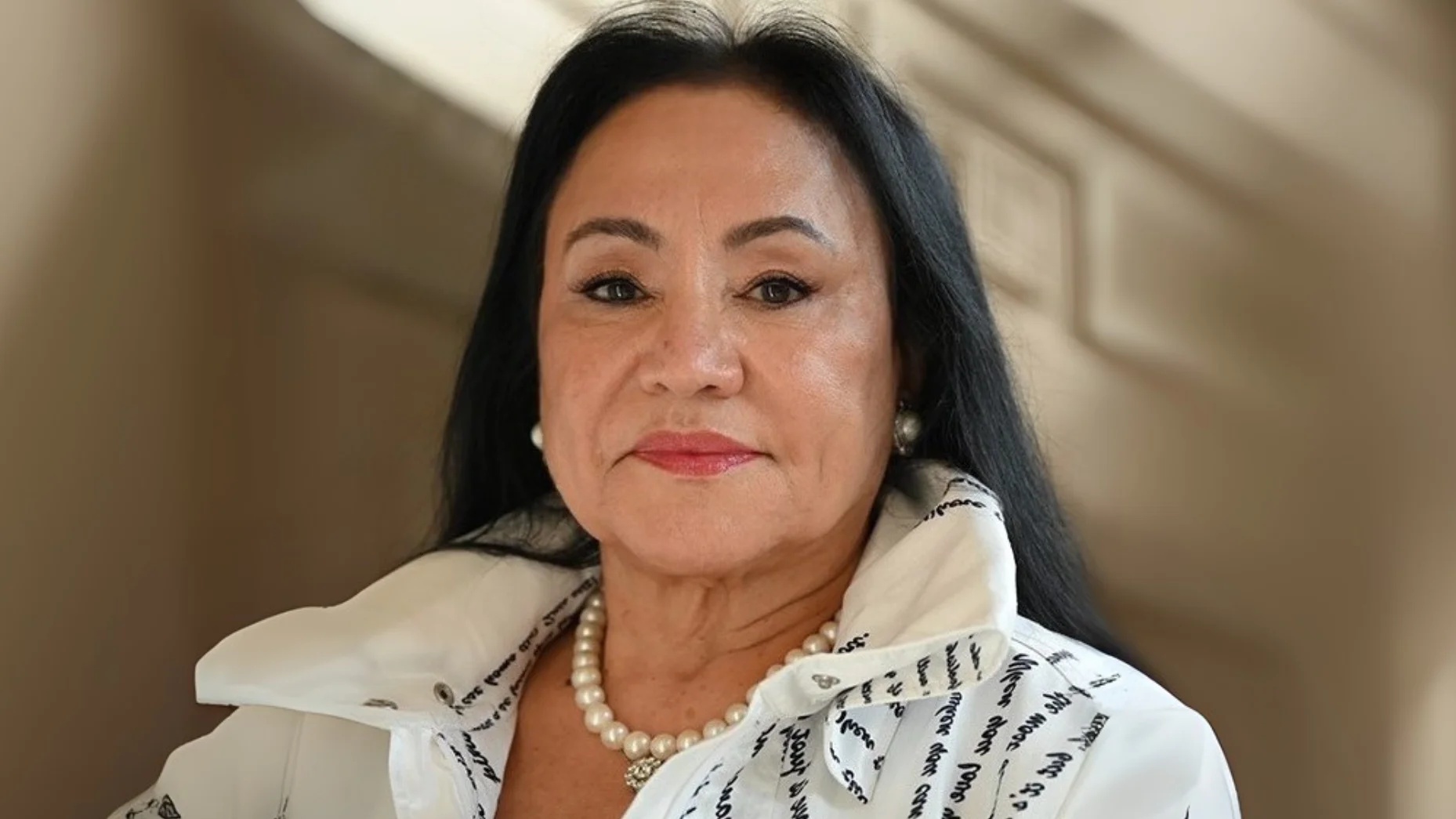
Betty A. Rosa Commissioner at New York City Department Of Education | New York City Department Of Education
In response to the anticipated lapse in Supplemental Nutrition Assistance Program (SNAP) funding on November 1, the New York State Education Department has issued guidance to schools and local educational agencies. The department aims to support students and families who may face increased food insecurity as a result of the loss of these benefits.
Board of Regents Chancellor Lester W. Young, Jr. stated, “We know that students cannot be expected to learn, grow, or reach their full potential when they are hungry. As our nation faces the loss of SNAP funding, we must ensure that no child experiences that reality. The Board of Regents stands with administrators, educators, and schools across New York as they continue to serve as anchors of care and stability within their communities. Together, we will uphold our unwavering commitment to equity, compassion, and opportunity for all.”
Commissioner Betty A. Rosa added, “The loss of SNAP funding poses a dire challenge for families here in New York State, and in times like these, we have a moral obligation to work together. Schools have always been more than just places of learning—they are lifelines for their neighbors and their communities. In partnership with Governor Hochul and state agencies, along with BOCES, districts, and schools across the state, we will do all we can to keep New York’s students healthy, nourished, and ready to learn.”
The department's recommendations include maintaining the Universal Meal Program so that breakfast and lunch remain available at no cost for all students. With more families likely relying on this program due to changes in SNAP benefits distribution, schools are advised to prepare for higher participation rates.
Collaboration with state agencies will continue as part of efforts led by Governor Kathy Hochul aimed at addressing food insecurity in school communities statewide.
The department also encourages partnerships between districts or BOCES (Boards of Cooperative Educational Services) and regional or community food banks so that nutrition options remain accessible despite benefit disruptions.
Additionally, schools are urged to regularly share information about local food assistance resources—such as those listed on the New York State Department of Health’s Regional Food Bank Map—and distribute printed materials alongside digital links so families can easily find help.
Districts needing extra volunteer support for food pantries or community programs may request assistance from SUNY’s Empire State Service Corps by submitting an application for host site participation during the 2025-26 academic year.
SUNY Chancellor Dr. John B. King Jr. commented on student involvement: “Through the leadership of Governor Kathy Hochul, the Empire State Service Corps has provided SUNY students with the opportunity to participate in civic engagement and support their local communities while receiving valuable training and financial support for their hard work. As the state faces this food insecurity crisis, we are proud that SUNY Empire State Service Corps students are stepping up and taking action to help their fellow New Yorkers.”





 Alerts Sign-up
Alerts Sign-up